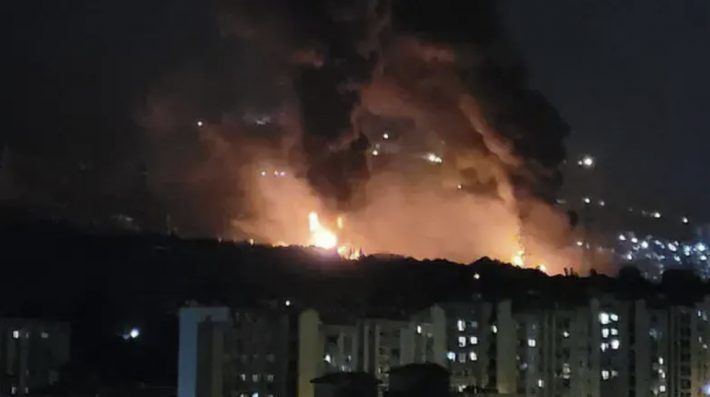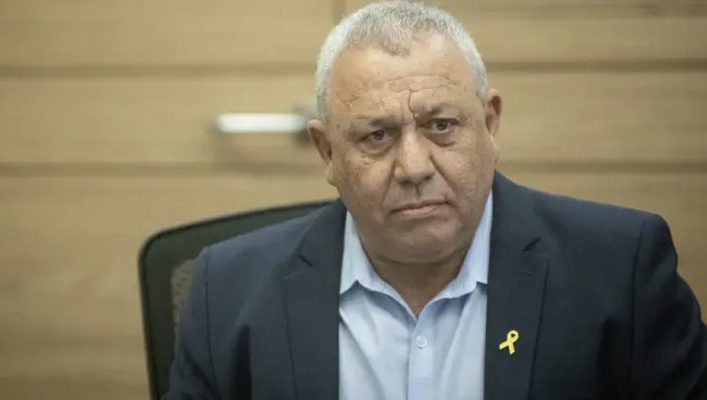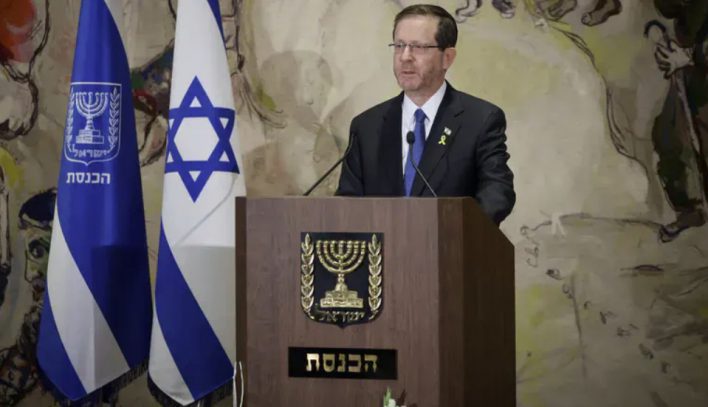Senior IRGC commander Yahya Rahim Safavi dismisses the June ceasefire as meaningless, warning of another war that could decide the fate of the Middle East.
Tensions between Iran, Israel, and the United States are again on the brink after a chilling warning from a top Iranian commander.
On Sunday, Yahya Rahim Safavi, senior military adviser to Iran’s Supreme Leader and a former top commander of the Islamic Revolutionary Guard Corps (IRGC), declared that the much-publicized June ceasefire is nothing more than an illusion.
“We are not in a ceasefire, we are in a stage of war. No protocol, regulation, or agreement has been written between us and the US or Israel,” Safavi said, according to Iran International.
He further warned:
“I think another war may happen, and after that, there may be no more wars.”
🔥 A Region on Edge
Safavi’s remarks follow June’s 12-day aerial conflict, which saw:
- June 13 – Israel launched a surprise offensive on Iran, striking military and nuclear facilities.
- June 22 – U.S. airstrikes targeted Iran’s Fordow, Natanz, and Isfahan nuclear sites.
- June 24 – A U.S.-brokered ceasefire was announced.
But according to Safavi, this was merely an intermission.
📡 Iran’s Playbook: Strength Through Deterrence
The IRGC veteran outlined Tehran’s long-term strategy:
- Expand regional and global influence.
- Build strength in missiles, drones, and cyber warfare.
- Prepare for worst-case scenarios with military “scenario-planning.”
“The Americans and the Zionists say they create peace through power; therefore Iran must also become strong, because in the system of nature the weak are trampled,” Safavi asserted.
⚖️ The Diplomatic Mirage
Even as Washington talks about diplomacy, Tehran is pushing back. After President Donald Trump claimed that Iran had requested talks, Iran’s Foreign Ministry flatly denied it, insisting Tehran has not asked for any meeting.
The U.S. has demanded a halt to uranium enrichment as a prerequisite for any nuclear deal—something Iran has consistently rejected.
With both sides trading threats and no path to compromise, Safavi’s warning underscores a grim reality: the so-called ceasefire may only be a pause before the next, possibly final, confrontation.





